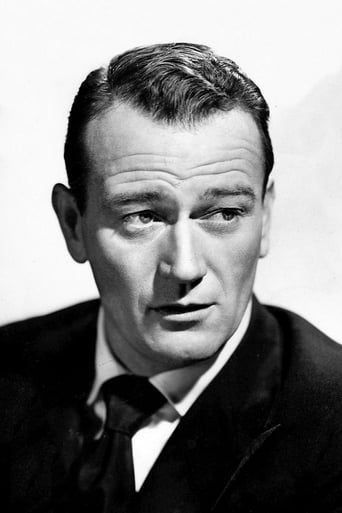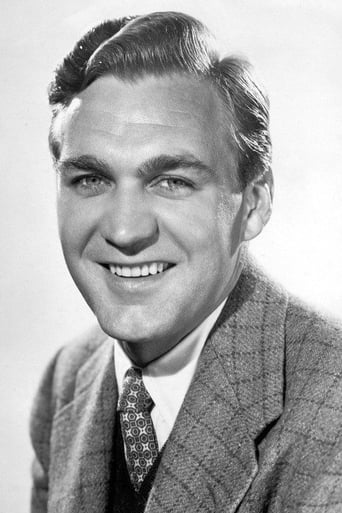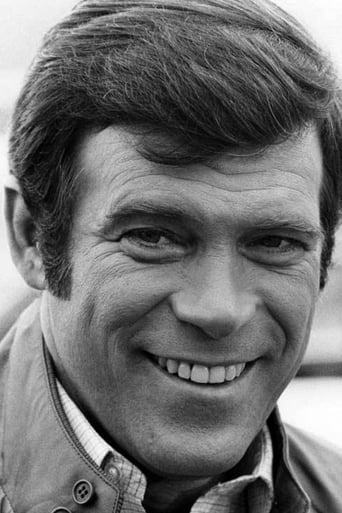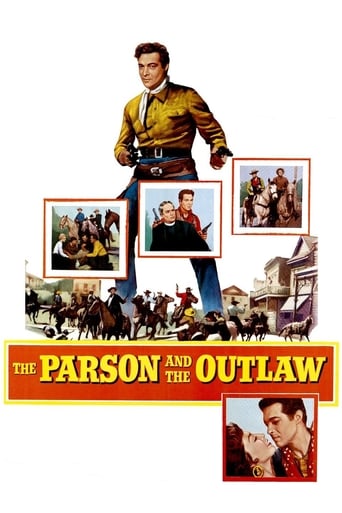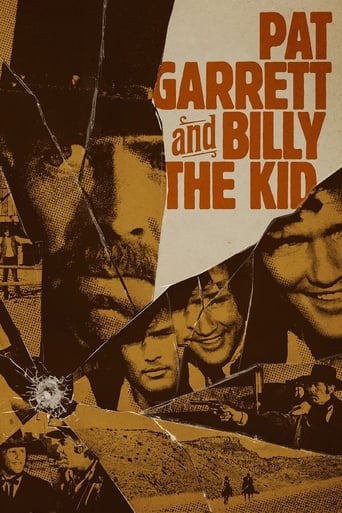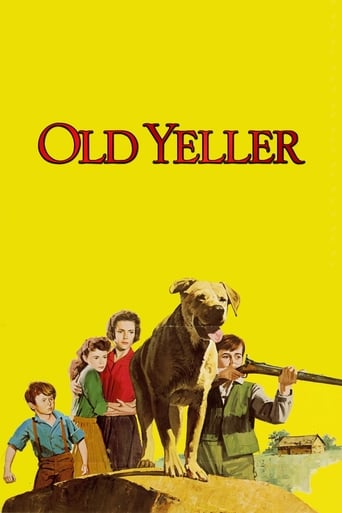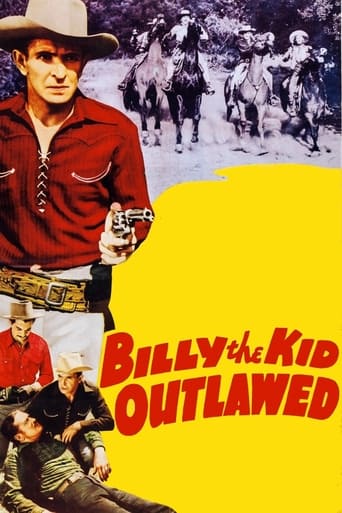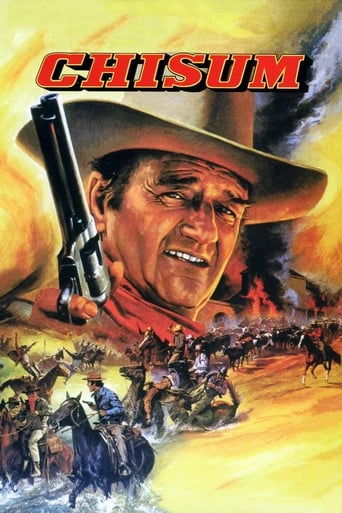
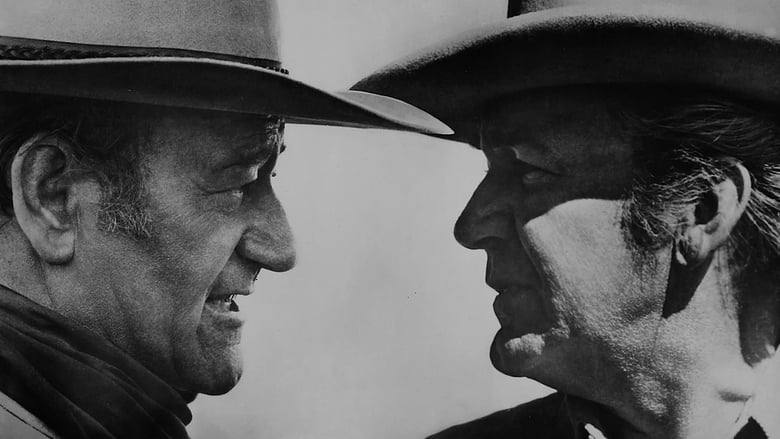
Chisum (1970)
Cattle baron John Chisum joins forces with Billy the Kid and Pat Garrett to fight the Lincoln County land war.
Watch Trailer
Cast
Similar titles
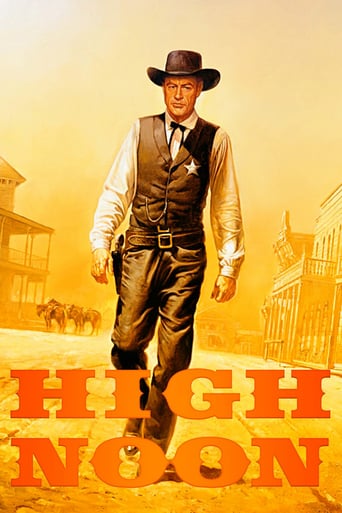
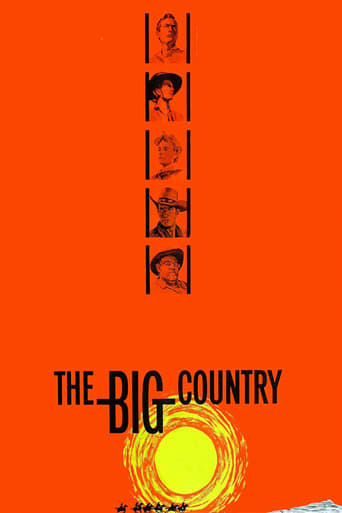
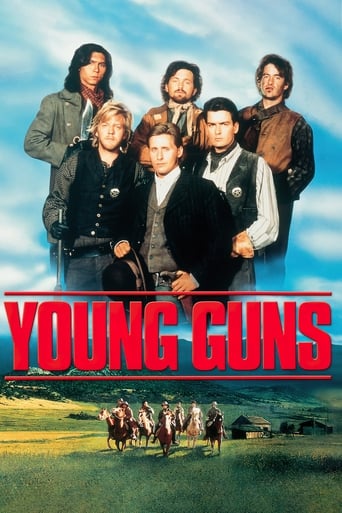
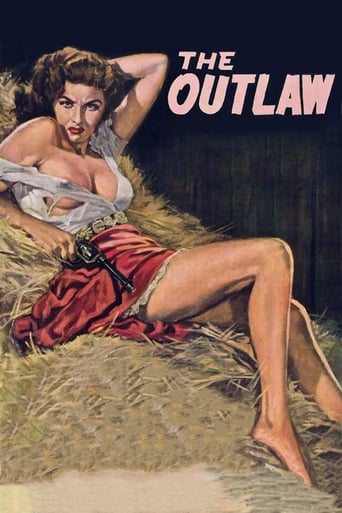
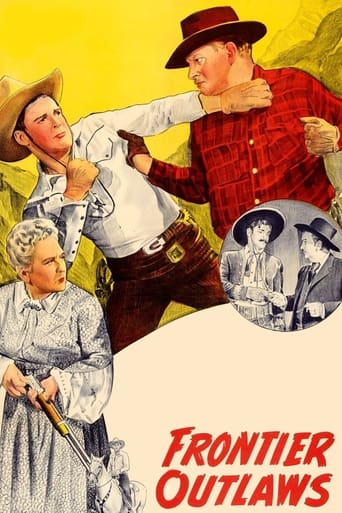
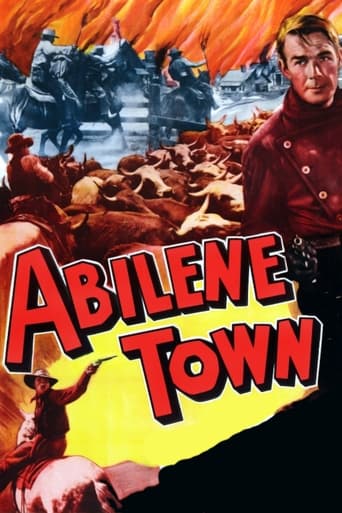
Reviews
Very disappointing...
The plot isn't so bad, but the pace of storytelling is too slow which makes people bored. Certain moments are so obvious and unnecessary for the main plot. I would've fast-forwarded those moments if it was an online streaming. The ending looks like implying a sequel, not sure if this movie will get one
Blistering performances.
An old-fashioned movie made with new-fashioned finesse.
A good western with Wayne vs Forest Tucker. Throw in Billy the Kid, a gunslinger played by Christopher George (who would die in the near future, a loss since he was a decent character actor), and a range war. Not an oscar winner, but a fine western.
At the outset of the 1970s, John Wayne seemed to be churning out as many old-fashioned westerns as was humanly possible for one actor. CHISUM is one such film, surrounding the veteran actor with some of his supporting favourites and one of his favoured directors. The plot is nothing new and merely an excuse to give a lot of actors a lot of screen time, show off some finely rugged scenery, and tell the kind of story familiar in western cinema.The sprawling plot features multiple protagonists and sub-plots, perhaps the most useful of which is the one featuring the real-life characters of Pat Garrett and Billy the Kid. With the emphasis of much of the running time on these two characters, Wayne sometimes feels like a supporting actor in his own film, although he's very good as the brash, braggardly man with a heart of gold. The action bits are well staged and exciting.The supporting cast helps to keep the interest going. Christopher George is extraordinarily mean as a bounty hunter and went on to marry Linda Day after appearing with her here. Forrest Tucker, veteran western villain, makes for an imposing bad guy. Ben Johnson, Bruce Cabot, Patric Knowles, and Richard Jaeckel are some of the familiar faces you'll spot en route. Geoffrey Deuel brings some good charisma to his role as Billy the Kid. CHISUM is no masterpiece and not one of the Duke's best either, but it's a reliable western made in a fast-changing world.
Copyright 25 June 1970 by John Wayne's Batjac Productions. Released through Warner Bros Pictures. New York opening and U.S. release: 24 June 1970. U.K. release: 30 August 1970. London opening: 23 July 1970. 9,904 feet. 110 minutes.COMMENT: Fine pictorial values in this mostly interesting re-working of the early days of the Billy the Kid/Henry Tunstall/Pat Garrett legend. Filmed on grand locations, it builds up to a terrific shoot- out climax. As usual, director McLaglen's pace tends to be a little over-leisurely. Where the script is dull, his lethargic treatment tends to make it even duller. This is especially true in many of Wayne's domestic scenes with the heroine which could stand considerable cutting and even gets in the way after the great action climax. The bland and uninteresting Pamela McMyler compounds this error. Nonetheless she cannot be blamed too much for her part is not only superficial and familiar, it's not developed and her scenes are handled by McLaglen in an unflattering close-up style, which actually doesn't suit Wayne either.On a broader plain, McLaglen is obviously aiming for John Ford effects and if ever a film was a homage to Ford, this is it. Hank Worden from the Ford stock company is even in the cast and there are two wonderful villains, Forrest Tucker giving the performance of his career and Chris George packing his role with surprising malevolence. Jaeckel is a most effective and amusing henchman and Cabot is delightful as always as the villain to Wayne's hero once more (cf. "The Angel and the Badman"). Ben Johnson as usual is excellent in his faithful sidekick role, transforming a familiar piece into one that is genuinely interesting. John Agar has a small bit as the dispossessed storekeeper at the beginning of the film.The use of music and song, the set-pieces in the film like Tunstall's funeral with artfully framed backgrounds, extras and period props recall the best of Ford. Only Wayne's somewhat stiff (both physically and histrionically) portrayal and the too-slow pacing of his ranch-house scenes and the mundane TV-style close-ups of same, put the film firmly into the 7/10s, and the start of the tail end of the once omnipresent screen western.Deuel impresses as Bonney, but Glenn Corbett seems too immature for Garrett despite hiding beneath a mustache and Clothier's adroit shadowy lighting. Nice to see Patric Knowles effete as ever as Tunstall.
'We may have to be neighbours, but I don't have to be neighbourly.'A year after his Academy-Award winning performance as Rooster Cogburn, the Duke starred in this unremarkable traditional Western vehicle. Loosely based on the history of the 'Lincoln County War' of 1878, the sole screenplay of any weight produced by Andrew J Fenady, an amateur expert on this conflict, employs great artistic licence. As such, although the titular figure was a substantial New Mexico cattle baron, who, alongside his business associates, challenged the monopoly enjoyed by the local crime boss, Lawrence Murphy, he did not, as depicted here, play a lead role in the armed conflict which ensued. Yet, when Wayne's son and producer, Michael, read the adapted storyline of a man forced to take the law into his own hands to avenge the deaths of his friends, he knew it would appeal to his father's politics. The obvious choice for director was Andrew V. McLaglen, having directed Wayne in 'McLintock' seven years earlier - another story of a cattle rancher attempting to preserve law and order. Likewise, Wayne's favourite cinematographer, William Clothier, was recruited to add his beautiful expansive shots, such as that opening vista of Chisum's territory. Aside from the regular cast faces known as the 'John Wayne Stock Company', this film reunited a few cast members from Wayne's only other feature to garner him an Oscar nomination for lead actor - 'The Sands of Iwo Jima'. Chief among these was Forrest Tucker, cast as Murphy, who again here would play Wayne's sparring partner, and Richard Jaekel, as Murphy's henchman. Yet, the expansive cast of characters interrupts any flow to the narrative, while McLaglen tries, and fails, to capture the majesty and charm which permeate the works of John Ford. In addition, the film falls prey to all the usual clichés of the genre, though what dates the movie above all else are the opening credits and the much-derided title song - narrated by former actor, and voice artist, William Cannon, who would become TV detective, Cannon, the following year. The aforementioned artistic license is most evident in the interaction between Billy the Kid and Pat Garrett. Not only, would the writer have us believe that Garrett, played superbly by Glenn Corbett, would fraternise with the 'Kid', ahead of their infamous encounter, but also compete with him as a love rival over Chisum's niece. The latter is portrayed without much spark by Pamela McMyler in the most prominent role of her career - a more than passing resemblance to Bridget Fonda? - and this sub-plot grates, especially with Merle Haggard's 'Glen Campbell imitation' ballad. By contrast, Geoffrey Deuell, younger brother to the ill-fated star of 'Alias Smith & Jones', copes well enough in his thankless task of portraying the 'Kid's' inner conflict to control his homicidal tendencies. Though the director was proud of capturing this figure's humanity, there can be no escaping the banality of such scenes as when Bonney is literally shown weighing up in both hands the power of his gun and the Bible. The other principal character to be transformed by the writer's pen is that of Chisum's business associate, and the 'Kid's employer, Tunstall. Not only is his Christian name needlessly changed, but portrayed as much older than the real Tunstall - thereby allowing Patric Knowles, Flynn's Will Scarlett, to take on the mantle armed with a pipe - whose murder, in his twenties, was the catalyst to the subsequent fighting. If there is a saving grace, it is the entertaining and charismatic presence that was the Duke. Similarly, the production benefits from the 'light relief offered by Ben Johnson as Chisum's killjoy sidekick. Finally, entering this outmoded depiction of the West, like some stray figure from the revisionist strand of the genre, appears the unshaven and steely- eyed Christopher George as the fictitious bounty-hunter, Dan Nodeen. Though this appearance did not spark a spate of more prominent Hollywood roles, it did spark romance with co-star Lynda Day leading ironically to marriage to the man who shoots her on-screen husband in cold blood. The finale has the final showdown between Chisum and Murphy in a fight to the death, when the truth is that in reality they would both end their days dying peacefully in bed. This clash embittered Wayne due to the easily discernible presence of his long- term stunt double, Cliff Roberson. Most laughably, there is the comical appearance of the Duke, obviously hiding out of shot while his double takes the fall down the stairs. Overall, passable entertainment, but, given McLaglen'lengthy stretch in the directorial seat for 'Gunsmoke' resembling more of an extended version of a 'Bonanza' episode than a 'Tinseltown' classic.
